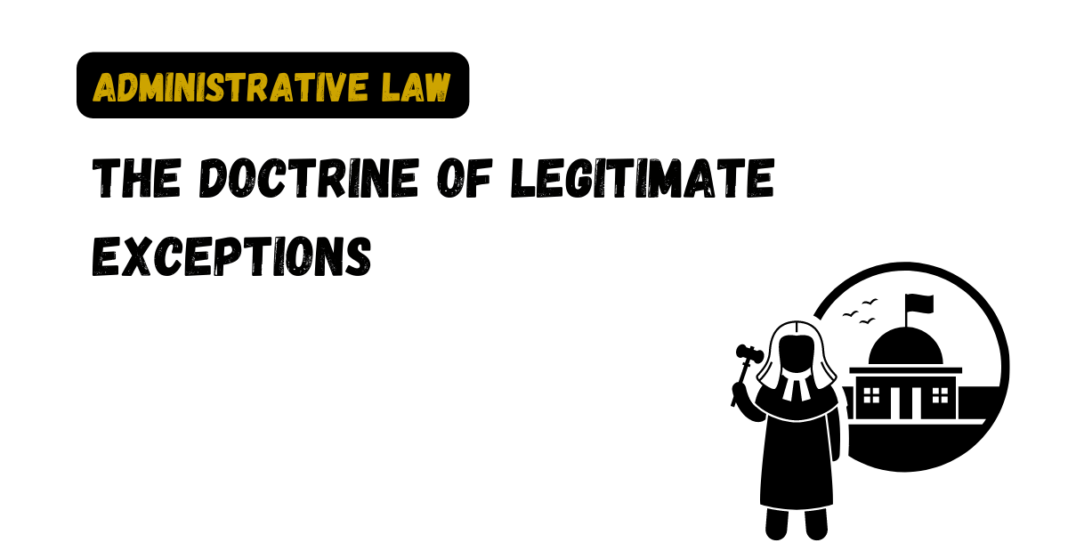The doctrine of legitimate exceptions is a legal principle that recognizes that certain fundamental rights may be subject to limitations or restrictions in certain circumstances. It is based on the idea that while individual rights are important, they must sometimes be balanced against competing interests, such as the public interest, national security, or public health and safety.
Under this doctrine, the state may be allowed to infringe on an individual’s fundamental rights if it is necessary to achieve a legitimate aim or goal. However, any such infringement must be proportional and reasonable in relation to the aim being pursued. For example, a government may restrict the right to free speech if it is necessary to prevent hate speech or incitement to violence.
The legitimacy of such exceptions is determined by courts on a case-by-case basis, based on the facts and circumstances of each case. In general, courts will balance the interests of the individual against the public interest and the legitimate aims being pursued by the state. The extent of the restriction imposed must be necessary to achieve the aim in question and must not be excessive or arbitrary.
The doctrine of legitimate exceptions is an important aspect of administrative law, as it helps to balance the competing interests of the individual and the state. It recognizes that individual rights are not absolute and that there may be situations where the state may need to restrict those rights in the public interest. However, any such restrictions must be carefully balanced and must not be arbitrary or excessive.





